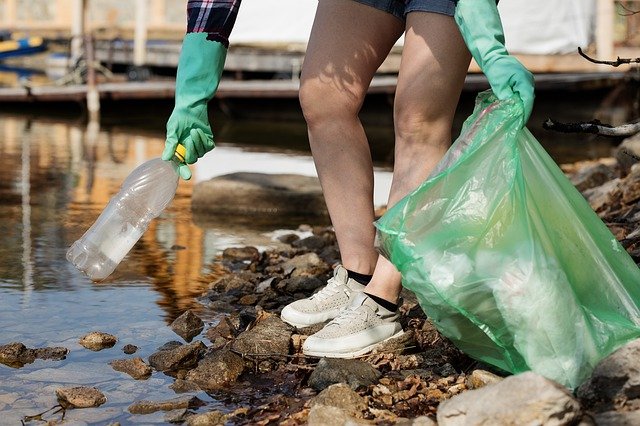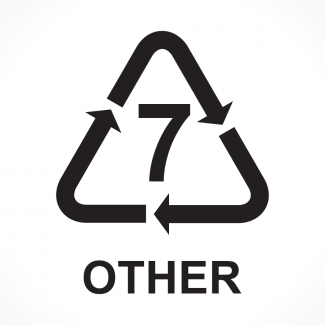
Plastic causes damage to our marine life and landfills. Plastic pollution is real and the world’s ability to deal with the fast-growing volume of disposable plastic products is being overwhelmed. Our waterways are fast becoming dumping grounds for plastic garbage. Additionally, there are fears that the chemical bisphenol A (BPA) used in the manufacture of plastic may be connected to health problems such as infertility and neurodevelopmental problems in children. This is a major source of concern because we all want our children to be healthy and have fully functioning brains. Happy Earth Day: Take Care of What You Love Now!
You can tell that a product contains BPA if it is marked with this symbol

In case you missed it https://t-worktalk.com/our-earth-my-wellness-perspective
BPA FACTS
The plastic threat to our health is outlined in these 7 earthday.org facts.
- A National Health and Nutrition Examination Survey produced by the US Centers for Disease Control and Prevention concluded that BPA was found in 93% of urine samples taken from people above the age of six.[1]
- Bisphenol A also known as BPA,[2] used to make billions of plastic beverage containers, dinnerware, protective linings of food cans and toys, is considered an endocrine disruptor, meaning it can both decrease or increase endocrine activity in humans and cause adverse health effects.[3] Based on the weight of existing evidence, it is likely that elevated urinary BPA levels are associated with prostate cancer in humans and may be an independent diagnostic marker in prostate cancer patients.[4] Importantly, the label BPA-free in a container of a bottle doesn’t mean a product is free from other harmful chemical compounds that are slightly different but have a different name.[5]
- Some animal studies have indicated adverse effects of BPA on newborns and fetuses.[6]
- Breast milk of most women in the developed world contains dozens of compounds including BPA that have been linked to negative health effects.[7]
- Growing literature links many Phthalates,[8] which are a group of chemicals used to make plastics more flexible and harder to break, with a variety of adverse outcomes including weight gain and insulin resistance, decreased levels of sex hormones, and other consequences for the human reproductive system both for females and males.[9]
- When food is wrapped in plastic containing BPA, phthalates may leak into the food. Any migration is likely to be greater when in contact with fatty foods such as meats and cheeses than with other foods.[10]
- In general, it is not recommended to heat food in plastic containers with the codes 3 and 7. The USDA Food Safety and Inspection Service advises Americans not to reuse margarine tubs, take-out containers, whipped topping bowls, and other one-time use containers, which are more likely to melt and cause chemicals to leach into food.[11]
T’s Tip: The threat to our health and planet is real so lets continue to work to reduce our dependency on plastic products.
Connect with us at t-worktalk.com . Hey, I hope you didn’t miss this https://t-worktalk.com/earth-energy-is-our-life-energy/ . Happy Earth Day: Take Care of What You Love Now!
Follow us on social media:


